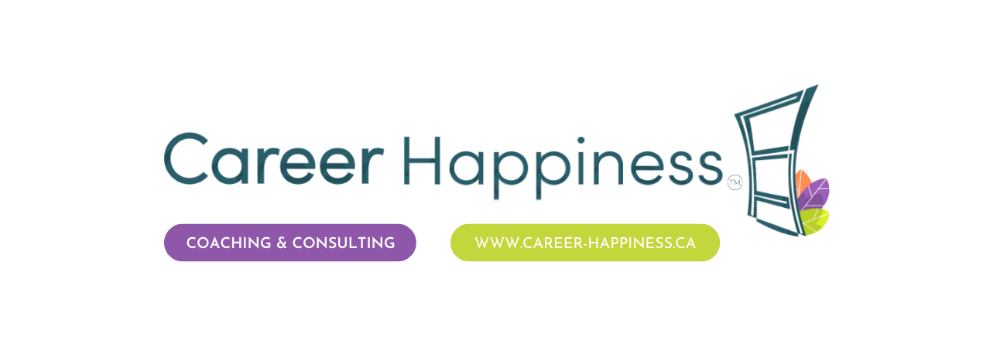No Experience? No Problem! Strategies for Gaining Relevant Skills Post-Graduation
Sep 29, 2025
Graduating without job experience can feel intimidating.
You’ve worked hard in school, but now the job market demands skills you haven’t fully developed yet.
Luckily, there are plenty of ways to build those skills and get your foot in the door. Let’s take a look at some smart strategies you can use to boost your confidence and land the job you want.
Turn What You Have Into What They Want: Build Job-Ready Skills Without Experience!
1. Shift your mindset about the experience
Redefine what “experience” means.
You may not have worked in the specific industry you’re interested in yet, but you’ve likely developed skills in other areas.
Think about your group projects, internships, volunteer work, and even part-time jobs that are relevant. For example, organizing a charity event can demonstrate project management skills — and tutoring part-time shows you can communicate and teach. Highlight these experiences on your resume to make your skillset stand out.
2. Look for volunteer opportunities
Volunteering is one of the best ways to gain relevant experience. It shows initiative and can help you build the specific skills employers want.
You don’t need to commit to a long-term project. Even short experiences can add value.
For example, if you’re interested in marketing, consider helping a local nonprofit with their social media strategy. Volunteering can also help you expand your network, which can open you up to even more career opportunities.
3. Get involved in industry-specific groups
Professional organizations and alumni student committees are great for building connections and learning new skills. Consider joining a group in your field, attending events, and staying active in discussions.
Let’s say you’re pursuing a career in finance. By attending a local finance group’s events, you can learn about current trends, meet industry professionals, and even find a mentor. These groups often offer workshops, certifications, and networking opportunities that can help you bridge the gap between school and work.
4. Freelance or take part-time jobs
Freelancing or working part-time can give you hands-on experience in your field.
You might not land your dream job right away, but that doesn’t mean you can’t gain relevant skills.
For example, if you want to become a web developer, offer to build websites for small businesses. This will help you build your portfolio, get good practice in, and earn money while doing it. Taking on small gigs also adds value to your resume.
5. Build an online portfolio
Any profession can benefit from showcasing projects or work samples online.
For example, if you’re an aspiring content writer, publish blog posts to demonstrate your writing skills. If you’re into graphic design, build a portfolio website featuring your designs. This makes you stand out to potential employers and shows that you’re proactive in developing your skills.
Your portfolio then becomes a living resume that’s easy to share and continuously updated as you grow.
6. Consider online courses and certifications
Online learning platforms like Coursera, Udemy, and LinkedIn Learning offer affordable and often free courses that can help you gain specialized skills.
For instance, if you’re eyeing a career in data analysis, taking a certification course in Excel or Python could make your resume more appealing.
These courses can fill in gaps and give you a competitive edge — especially when they align with the skills employers are looking for. Plus, completing certifications shows you’re committed to continuous learning, a trait that’s highly valued in any industry.
7. Leverage internships and apprenticeships
Internships and apprenticeships are practical ways to get your foot in the door. While some might be unpaid, the hands-on experience you gain is invaluable.
And many companies offer post-graduation internships that can transition into full-time roles.
If you’re interested in marketing, for example, look for internship opportunities that will let you work on real-world campaigns.
*Pro-Tip: Don’t hesitate to apply for multiple opportunities, even if they’re not exactly what you had in mind. Sometimes, the experience you gain from an unexpected role can lead to your dream job.
8. Network strategically
Networking is one of the most powerful tools you have when entering the workforce. Start by reconnecting with alumni, professors, and even former classmates. Attend industry events, join LinkedIn groups, and make it a point to reach out to professionals in your field.
This may feel intimidating — but you’re simply having conversations that could lead to valuable opportunities. For instance, an informal coffee meeting with a former professor could result in a referral for a job opening.
Networking is a long-term investment, and building relationships early on can lead to job leads down the road.
9. Customize your resume and cover letter
Instead of sending a generic resume to every employer, focus on highlighting the skills and experiences that align with the job description.
(Create a baseline resume, and then tailor it accordingly for each job position.)
For example, if a job posting emphasizes project management, highlight relevant experiences, like organizing events and leading projects at school.
As far as the cover letter, explain how your unique experiences make you the right fit for the role, even if you don’t have a traditional background.
10. Stay resilient and adaptable
Job hunting without extensive experience can feel overwhelming, but resilience is key.
Every application, interview, and rejection is a learning opportunity. Stay adaptable, be open to taking on roles that might not be your dream job right away, and focus on the skills you’re gaining in the process.
For example, taking a customer service role might not be your goal. But it could help you sharpen communication and problem-solving skills that are transferable to any career. With persistence and a growth mindset, you’ll build a foundation for long-term success.
Wrap up
Gaining relevant skills post-graduation is entirely within your reach.
With the right strategies under your belt, you’ll build the skills you need to confidently step into the workforce.
Every small step brings you closer to your career goals — and with a little patience and creativity, you’ll find the opportunities you’ve been searching for. Stay proactive, keep learning, and soon enough, that “no experience” label won’t apply to you anymore.
PS: Ready to take the next step in your career journey? Work with a seasoned career coach to gain realistic insights into the job market and professional environment.
Book your free intro call now.
Or sign up for my Career Clarity Course — a course designed to help you craft a career path according to your unique goals and dreams!
Here’s to your success! ✨


